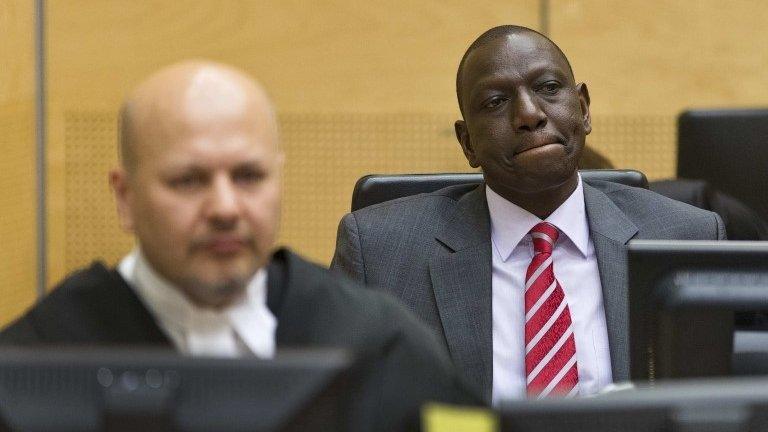Kenya's William Ruto wins ICC witness ruling
- Published
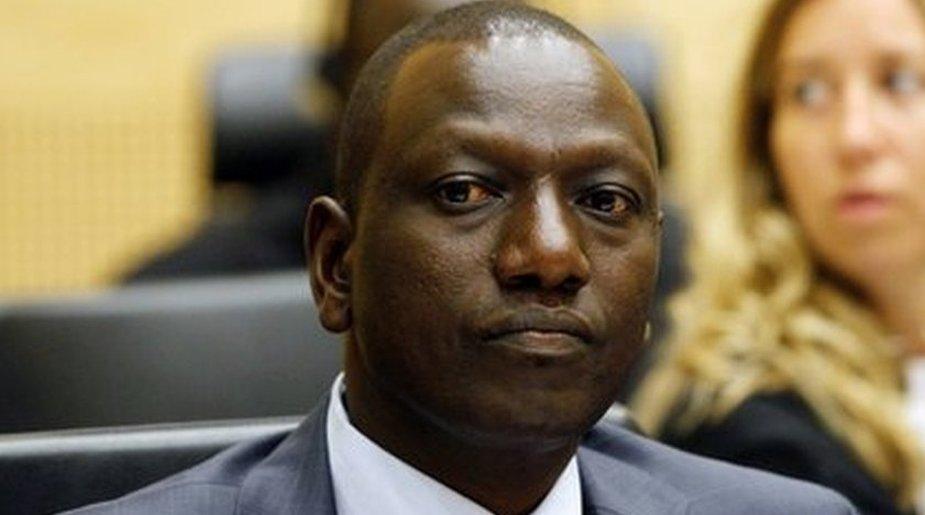
William Ruto denies charges of crimes against humanity
International judges in the case of Kenyan Vice-President William Ruto have barred the use of recanted testimony.
The decision means prior recorded witness statements cannot be used by prosecutors at the International Criminal Court (ICC) in this case.
Key witnesses in the case changed their statements, which prosecutors said was due to intimidation and bribery.
Mr Ruto, who is being tried over unrest that followed 2007 elections, denies charges of crimes against humanity.
About 1,200 people were killed in the violence.
The latest ruling, external overturns a previous decision by judges to allow five of the witnesses' original statements to be included because they were convinced the witnesses had been interfered with.

Analysis - Anna Holligan, BBC News, The Hague
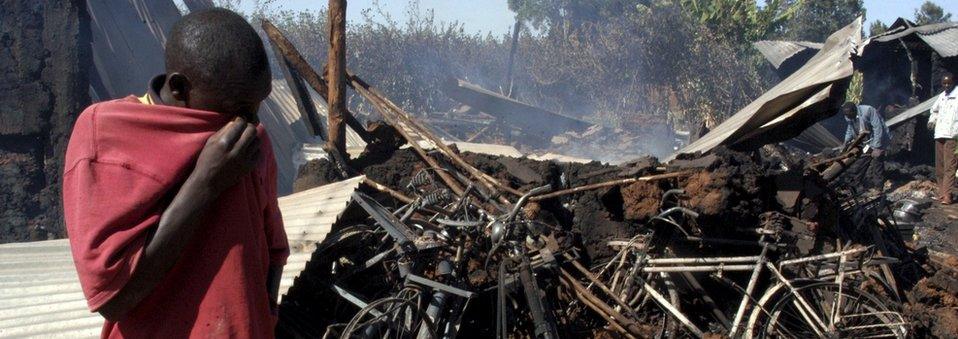
Whichever way you look at it, this is a blow to the prosecution. It means they have lost evidence from five key witnesses.
However, the precise impact is hard to judge because so many of these hearings have been held in private session.
It partly depends on what else the prosecution has. If the prosecution doesn't have sufficient evidence this could go the same way as the case against President Uhuru Kenyatta and the charges may be thrown out of court.
The ICC is already considering a motion of no case to answer from Mr Ruto's lawyers.
That argument was heard in January and today's decision could have a bearing on it.

This use of prior testimony falls under Rule 68 of the Rome Statute, which set up the ICC.
But William Ruto's defence team argued this was unfair because changes to the rule were brought in after the case against him and his fellow defendant, the journalist Joshua arap Sang, had started.
"The prior-recorded testimony was delivered without an opportunity for the accused to cross-examine the witnesses," said presiding judge Piotr Hofmanski.

Journalist Joshua arap Sang reacted to the ICC decision on social media
Mr Sang, who is accused of using his radio show to organise attacks in the election aftermath, said the decision was "one step to our freedom".
Mr Ruto is one of the most senior government officials to be tried by The Hague-based court since its formation more than a decade ago.
In 2014, the ICC dropped similar charges against Kenyan President Uhuru Kenyatta, alleging that witnesses had been intimidated to make them change their testimony.
Mr Ruto and Mr Kenyatta were on opposite sides of the 2007 election, but formed an alliance that won the 2013 election.
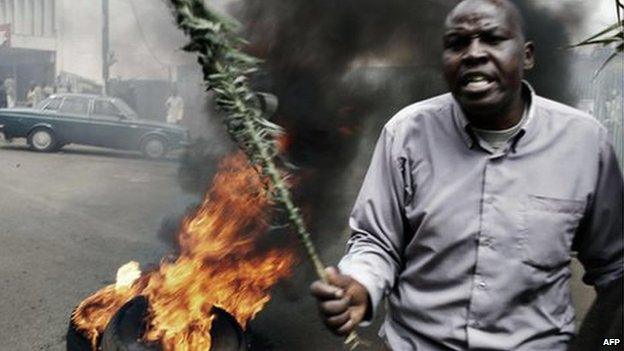
The violence was the worst since Kenya became independent in 1963
The names of key suspects involved in the violence were handed over to the ICC by former UN Secretary General Kofi Annan, who brokered a power-sharing deal in Kenya in 2008.
Mr Annan's move came after Kenyan politicians failed to set up a tribunal for those accused of instigating the attacks.
In January 2015, a key witness for Mr Ruto was found dead in Kenya after reportedly being abducted a few days earlier.
The ICC said Meshack Yebei had been offered protection in a safe location but had returned home.
Some 600,000 people fled their homes in the 2007 conflict - the worst in Kenya since independence.
- Published13 September 2022
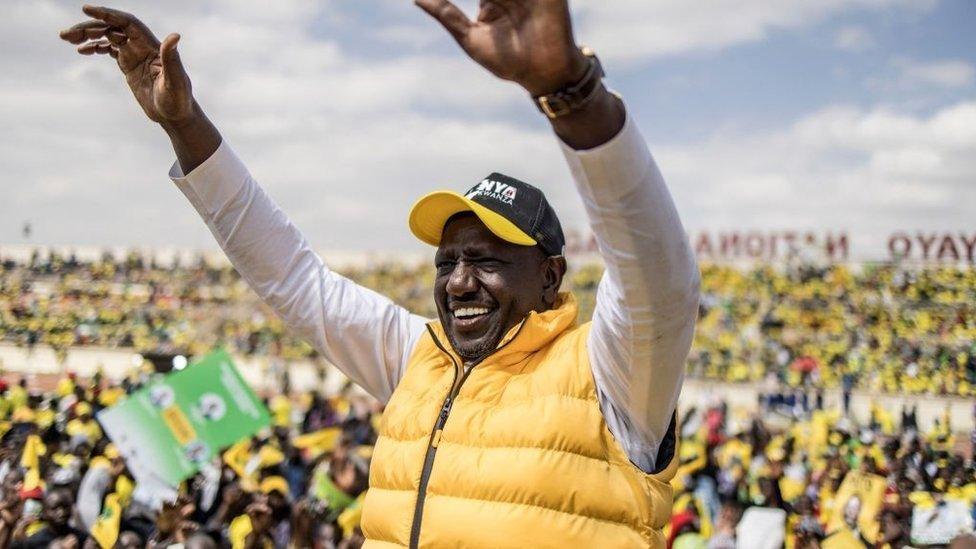
- Published6 January 2015
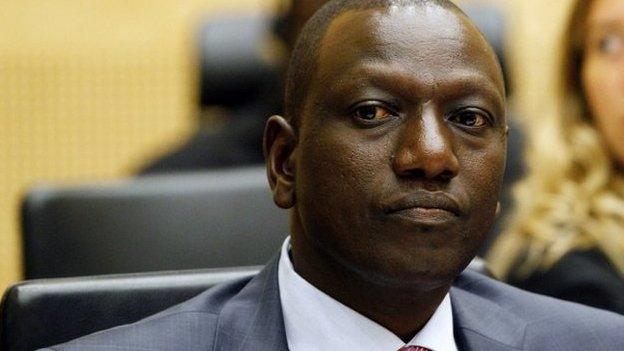
- Published6 October 2014
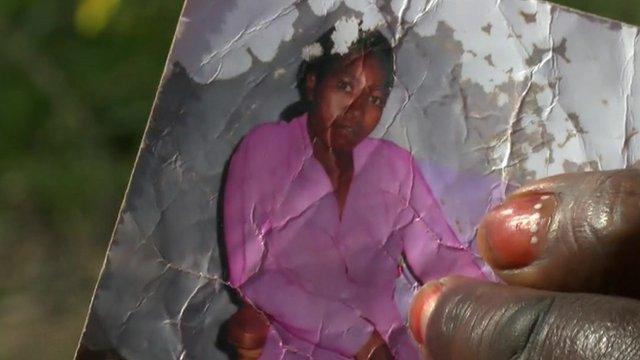
- Published10 September 2013
